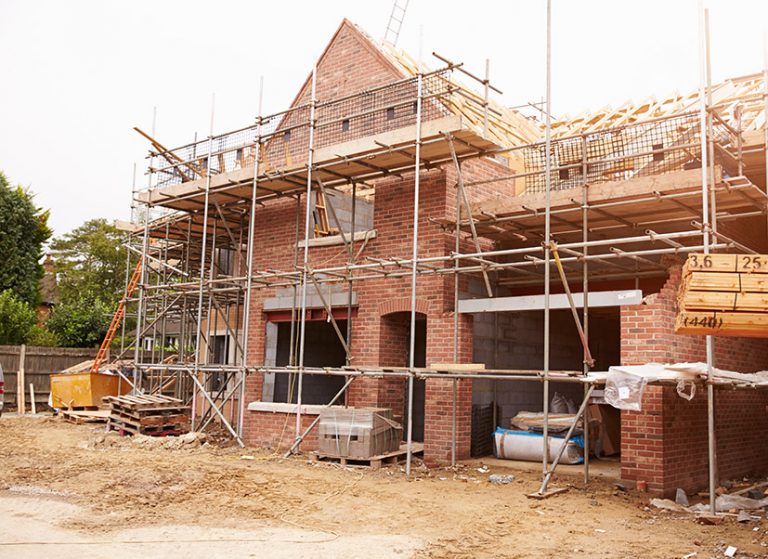Batt Cables has announced the opening of a new logistics facility in Doncaster, strategically located near key motorways, including the M1, M18, and M62. This prime location enables faster distribution across the UK, reducing transit times and enhancing delivery efficiency.
The expanded Doncaster hub will provide additional storage space to accommodate a broader range of over 3,200 cables and accessories. This increased inventory capacity ensures better product availability, enabling the company to handle larger orders and support demanding projects.
The new facility is equipped with advanced stock management and order processing systems, ensuring quicker response times and greater reliability for clients across industries like construction, infrastructure, and energy. The hub will be integral in delivering enhanced service for both northern and southern UK customers.
This new addition complements Batt Cables’ existing sites in Kent, Manchester, Bristol, and Edinburgh, further solidifying the company’s nationwide supply chain. The Doncaster hub is a key step in the company’s long-term investment in infrastructure aimed at meeting the growing demand for cable solutions across the UK.












